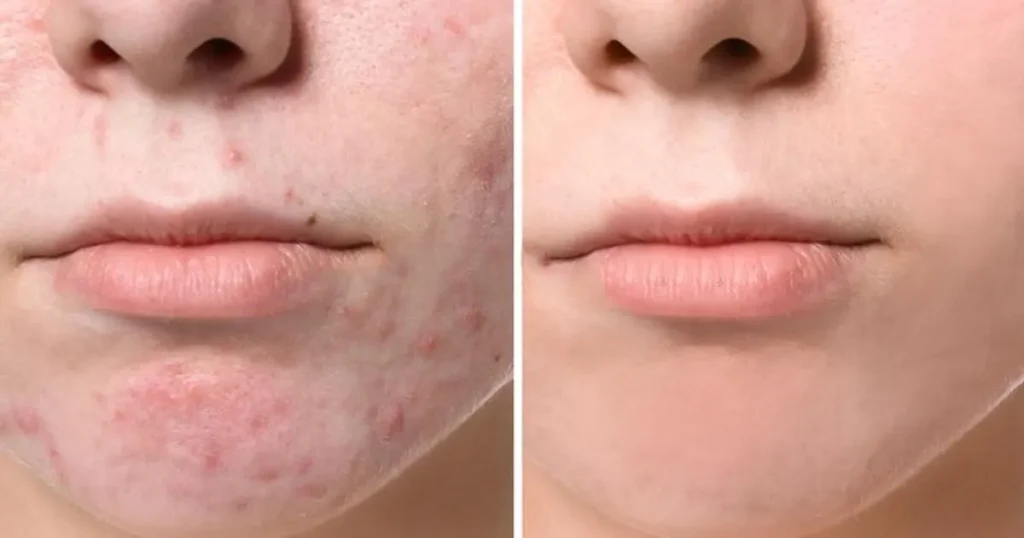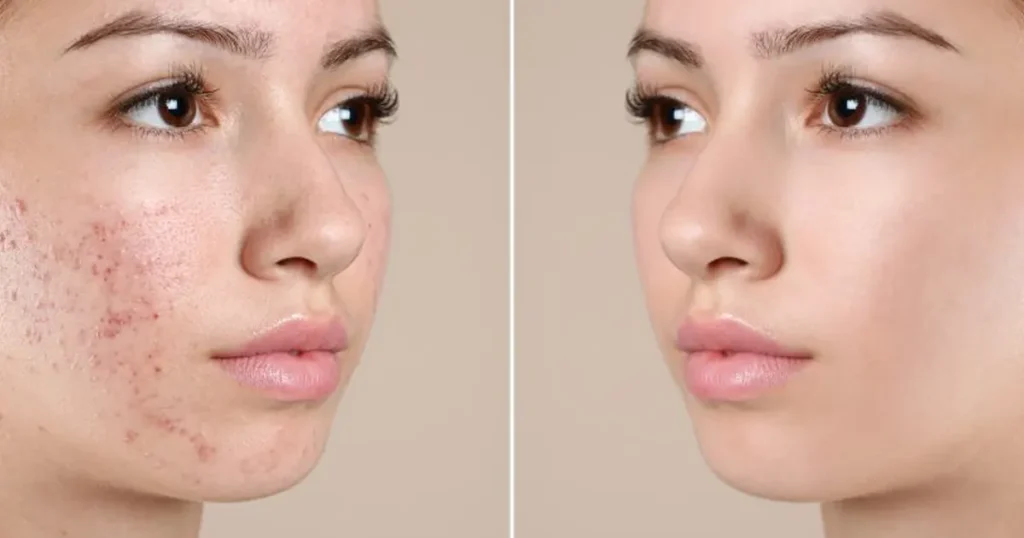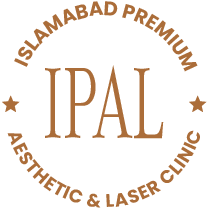Affecting millions of individuals globally, including a sizable fraction of Pakistanis, acne is among the most often occurring skin disorders. The search for clean skin often drives people to investigate a variety of medical acne treatments as pollution, food, and hormone imbalances aggravate breakouts.
While some people choose medical acne treatments that promise quicker and more efficient outcomes, others choose natural cures depending on herbal and organic alternatives.

Selecting between the two strategies might be difficult as every has advantages and disadvantages. Making a wise choice will depend on knowing their workings and what best fits your skin type.
What is Acne and How It Appears?
Many people in Pakistan, where dietary choices and climate have a major influence, battle ongoing acne and frequently try many treatments to get at a cure. Along with regular use of comedogenic skincare products, exposure to dust, and growing levels of air pollution, these factors help to explain the increased frequency of acne among teens and adults both.
Though in fact acne affects people of all ages, many people wrongly assume it is a teenage issue. Particularly in women, adult acne is often connected to stress, hormone abnormalities, and pregnancy.

Furthermore aggravating the disease rather than helping it is the use of poor-quality beauty products, strong soaps, and too aggressive brushing. Whether natural or professional, choosing the appropriate therapy depends on knowing the underlying cause of acne.
Natural Remedies for Acne
Since these treatments have been utilised for millennia, many people feel that natural components have great ability to cure acne. For those with sensitive skin, natural therapies appeal as they can be milder on the skin and devoid of synthetic compounds. Among Pakistan’s most often used natural acne remedies are:
1. Neem, Azadirachta indica.
These leaves or neem oil is used topically by many individuals to cure acne and stop next outbreaks. Its paste applied to afflicted regions or neem-infused cleansers can assist to calm irritated skin. Neem also cleans the body; drinking water infused with neem is said to help acne from within come clear.
2. Aloe Vera
In Pakistan, aloe vera’s healing and cooling qualities are much sought after. It lessens the redness, inflammation, and aggravation acne causes. Using fresh aloe vera gel taken from the plant could help acne scars heal faster and have a relaxing effect. A great supplement to any skincare regimen, regular usage of aloe vera gel may help enhance general skin texture.
3. Multani Mitti (Grounder’s Earth)
Standard skincare routines often call for multani mitti. It promotes skin detoxification, unclogging of pores, and absorption of extra oil. Many use it with lemon juice or rose water to make a mask that helps to reduce acne break-throughs. Honey also naturally moisturises the skin, therefore reducing breakouts and maintaining hydration.
5. Tree Oil from Teeth
Though not native to Pakistan, tea tree oil’s antibacterial and antifungal qualities have helped it become somewhat well-known. Diluted tea tree oil may help to lower inflammation and stop fresh breakouts in places afflicted by acne. Although it’s a strong natural cure, to avoid aggravation it should always be diluted with a carrier oil like coconut or almond oil.
6. Turmeric
For generations Pakistani homes have utilised turmeric because of its anti-inflammatory and antibacterial qualities. Combining turmeric with yoghurt or honey and using it as a mask can assist with acne and lighten the skin. Additionally said to offer skin-clearing effects is drinking turmeric milk.
7. Apple Cider Vinegar
Still, it should be handled carefully as, without sufficient dilution, its acidic character might irritate one.
Although natural remedies may be very successful, they sometimes need constant usage and patience. Results vary depending on each individual; they could take weeks or even months to show up.
Medical Acne Treatments
Targeting acne more aggressively and providing quicker results, medical therapies are scientifically developed Usually advised for those with moderate to severe acne who have not found relief from other therapies, these ones include Among the most often used medical therapies are:
1. Topical Drugs
These drugs fight germs, ease inflammation, and clear pores. For mild to severe acne, dermatologists often advise them.
2. Antibiotics
Oral or topical antibiotics might be advised for more severe instances to lower bacterial growth and irritation. Antibiotics are often recommended for brief periods, however, as extended usage of them might cause resistance.
3. Treatment Based on Hormones
Especially in women, hormonal imbalances are a main factor causing acne. Sometimes advised to manage hormones and lower breakouts are birth control pills and anti-androgen drugs.
4. Chemical Slights
Applying a chemical solution to the skin to exfoliate dead skin cells and unclog pores is the basis of chemical peels Pakistani dermatologists provide this therapy to those suffering with acne scars and resistant acne.
5. Laser and light treatment
Targeting acne-causing bacteria, laser and light-based treatments help to lower inflammation. Those with chronic acne that does not respond to traditional treatments are sometimes advised these procedures.
6. Accutane’s isotretinoin
Severe acne sufferers utilise the potent oral drug isotretinoin. It works by lowering sebaceous gland count and oil output. Although very successful, it is advised under close medical supervision as it has major side effects like dry skin, mood changes, and possible birth malformations, which are really severe.
Consulting a Professional: IPAL Clinic
See a credible skincare clinic if you have acne and are not sure which therapy to go with. Renowned Pakistani dermatologist IPAL Clinic provides professional advice and individualised treatment regimens fit for your skin’s need.
From medical-grade facials to laser treatment and prescription drugs, IPAL Clinic offers a spectrum of acne treatments thanks to innovative skincare technologies and seasoned physicians. Seeking expert guidance will enable you to safely and successfully reach better, healthier skin.
Last Views
Though annoying, acne is treatable with the correct strategy. Whether you choose with medicinal or natural solutions, persistence and patience are very vital. Finding the right remedy will depend on knowing your skin type and, where necessary, consulting professionals.
Should over-the-counter treatments and home remedies fail, think about seeking individualised therapy from a reputable skincare clinic such as IPAL Clinic.
Getting clean skin is a road trip; with the correct care, you will be confident and enjoy a complexion free of blemsishes.Natural vs. Medical Acne Treatments: Which One is Right for You?

